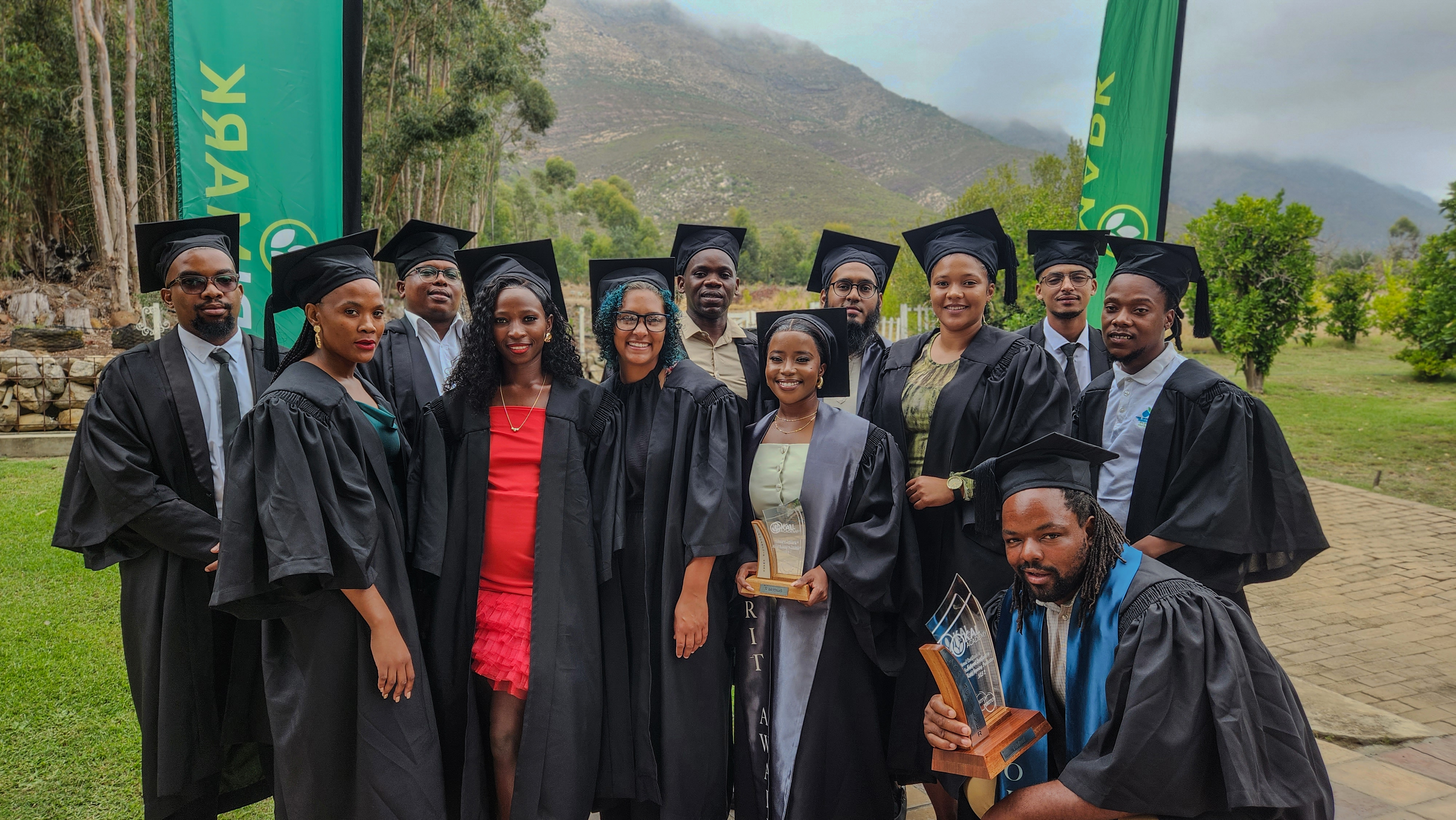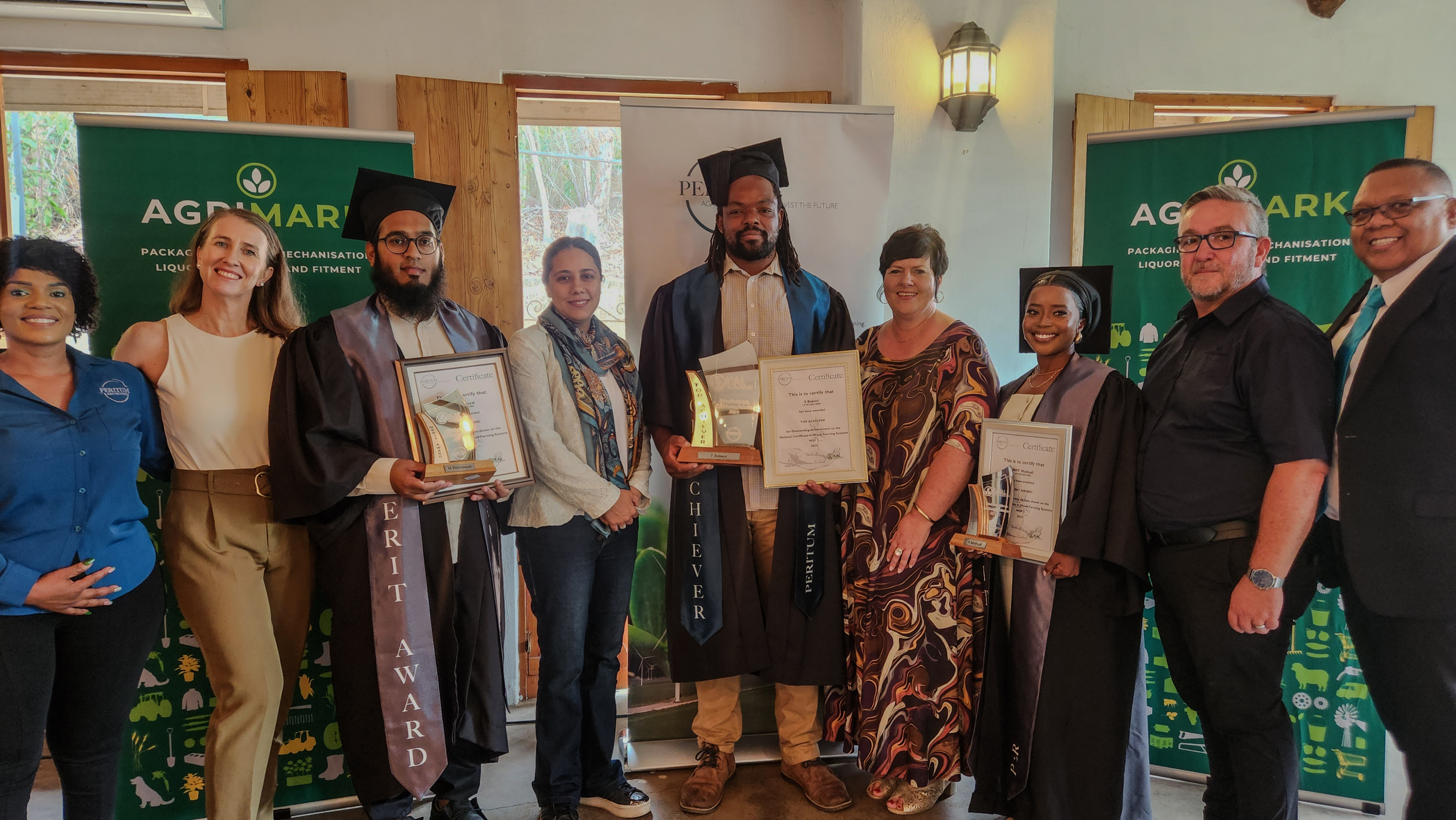Over 500 Small-scale Farmers Earn Qualifications Through KAL Academy Training
With the recent graduation of the 2024 cohort, 515 small-scale farmers earned qualifications, through the KAL Academy to date, marking a significant step in their agricultural careers.
The Academy draws applicants from across the Northern and Western Cape and provides accredited training at certificate level up to NQF 5, free of charge.
Established in 2009 by JSE-listed KAL Group, the Academy forms part of a broader effort to empower small-scale farmers with the skills needed for long-term success.
The Academy equips students with commercial farming best practices, covering essential business and agricultural skills. These include competencies such as marketing, crop establishment, harvest practices, fertility screening, feed production, and calculating optimal feed yields per hectare – all critical knowledge for sustainable farm management.

For many small-scale farmers, these skills are critical in overcoming the challenges of establishing a successful agricultural business. Over and above the long hours of hard work, their progress is often hampered by high input costs, difficulties accessing finance and markets, and having to establish a business on rented land without optimal infrastructure.
Tolo Siphiwokuhle Bakeni, 34, from Robertson, the top achiever in the latest group of graduates commented on the value of agricultural education. “I’ve been farming since I was a kid with my grandmother—we had a lot of livestock. I thought I knew everything about farming, but the training at KAL Academy opened my eyes. I learned how to run a farm more sustainably, how to balance crops with livestock, and even how to make my own feed instead of buying expensive stock.”
This year’s graduation was even more special, thanks to an inspiring message from Charmelle Adams, a proud KAL Academy graduate and livestock farmer from the Vredendal district of the Western Cape. Sharing her personal journey, she encouraged the graduates to stay committed to their dreams despite challenges along the way.
KAL Academy training is a combination of remote learning, supplemental classroom sessions and practical sessions on surrounding commercial farms showing how theory is implemented in practice. Farmers also gain an instant network of peers and moral support.
Bakeni confirmed that the support from his peers at the Academy was invaluable for him as a livestock farmer. For the past six years, he has been farming cattle and pigs on a 1.2-hectare plot of vacant land that he is renting.
“Meeting other young farmers helped a lot. I got encouragement and hope. I realised that I’m not the only one with the problems I have; we shared ideas on how to solve some problems,” says Bakeni.

Refilwe Mothudi, 31, who started farming organic vegetables in Kimberley three years ago, also found significant benefit from sharing ideas with her classmates.
“I got the opportunity to connect and learn from young farmers like me by sharing our experiences, exchanging ideas and coming up with innovative solutions for each of our challenges. I also made good friends who I can call any time I face a challenge on the farm.”
Mothudi, who received a merit award for leadership at the graduation ceremony, embarked on her farming career with no experience or formal farming training until she started at the KAL Academy.
“Studying at the KAL Academy has equipped me with practical farm management skills. I learned how to plan, organise and manage a farm. The most valuable skill I acquired was adaptability and resilience. I developed the ability to adapt to changing circumstances and bounce back from setbacks.”
At the graduation ceremony, Arno Abeln, Managing Director of Agrimark Operations (KAL Group’s agri-retail business), also underscored the importance of networks and partnerships in a successful farming enterprise.
“All businesses need partnerships to be successful. In agriculture, collaboration is key, as is learning from mentors, working alongside fellow farmers, or engaging with industry leaders. Your journey does not end here; it is only the beginning.”

Barend Sulvester, Senior Manager: Sustainability at Agrimark Operations, who co-ordinates the training, says entry requirements include owning a computer, being computer literate, and having sufficient data to attend the online lectures.
“It is also important to us that candidates are already working in a farming operation involving plant or animal production, because the aim of our training is to improve their farming enterprises. However, it does happen from time to time that we take someone fresh out of matric, or someone with an extraordinary passion for farming.”
The NQF2 qualification in mixed farming practices is aimed at individuals starting out in a farming enterprise. After completion, graduates have the opportunity to apply for the more advanced courses, specialising in either plant or animal production.
“We’re excited to launch our first NQF 5 course for which applications will open in May this year,” says Sulvester.
“With access to formal training and peer support networks, small-scale farmers are better positioned to overcome industry challenges and build sustainable enterprises,” concludes Sulvester.



